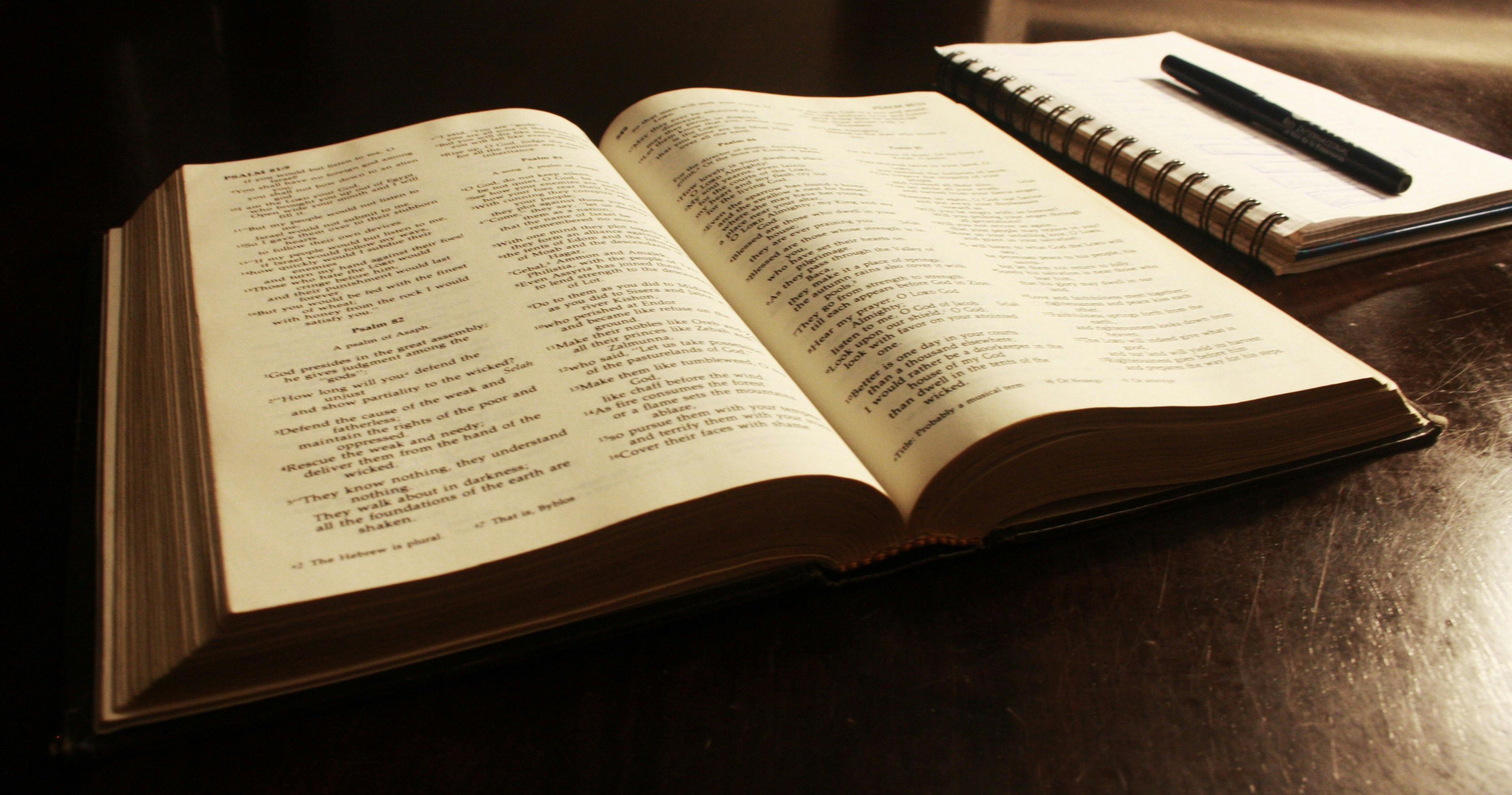Eve. What was her role in the Garden of Eden? A good portion of Christians might answer that Eve is to blame for all sin and sorrow that exists in this world. But there are many others who would argue that Eve was the hero that brought freedom to humanity—agency for the human race.
I have never doubted that Eve's transgression in the Garden of Eden was meant to be. I've been taught to praise Eve for her decision that day, based on the additional details given by the Book of Mormon (
2 Nephi 2:22–25) and the Pearl of Great Price (
Moses 5:10–11), both showing that humanity could not have existed without the Fall. Eve could only be the mother of all living by partaking of the fruit. I know that.
However, I never thought too deeply about why Heavenly Father gave those two commandments: to multiply and replenish the earth, and to not partake of the fruit of knowledge of good and evil. Thinking about these commandments with the mindset that Adam and Eve could only multiply
after they had partaken of the fruit, the two edicts seem contradictory. Why would Heavenly Father have given conflicting commandments, neither of which could be kept with the other?
While I couldn't have said an answer to that just three days ago, I learned some valuable information from my religion teacher, Professor Tyler Griffin, that led me to my own answer.
In the Book of Moses, there is one distinct difference in the account of the Garden of Eden that adds a new perspective to these contradictory commandments. In chapter 3, it says the following (the bolded text is additional information not found in Genesis):
16 And I, the Lord God, commanded the man, saying: Of every tree of the garden thou mayest freely eat,
17 But of the tree of the knowledge of good and evil, thou shalt not eat of it, nevertheless, thou mayest choose for thyself, for it is given unto thee; but, remember that I forbid it, for in the day thou eatest thereof thou shalt surely die.
This bolded text contains a key word: "nevertheless." As my professor put it, anytime that the word "nevertheless" is used, it adds emphasis to the last part of the sentence, rather than the first. In simple terms, never-the-less means always-the-
more.
AKA, what comes after "nevertheless" matters a lot more to God than what comes before. So what exactly is He emphasizing in the second part of the commandment? Incredibly, Heavenly Father is giving Adam and Eve
agency. He is saying that while He is giving this commandment for them to follow, in the very act of giving them such a commandment, He also gives His greater gift: the freedom to choose. By giving them the tree of knowledge, He is also giving them the option to eat it—even against His will.
Now, when I read the verses in 2 Nephi, they add even more light to this question of conflicting commandments.
22 And now, behold, if Adam had not transgressed he would not have fallen . . .
23 . . . Wherefore they would have remained in a state of innocence, having no joy, for they knew no misery; doing no good, for they knew no sin.
24 But behold, all things have been done in the wisdom of him who knoweth all things.
The verses in Moses establish that Heavenly Father purposely created the tree of knowledge for Adam and Eve so that they could choose whether or not to partake. The verses in 2 Nephi further establish that if Adam and Eve had not partaken of the fruit (or had not been given opportunity to disobey God's command), they would have remained innocent of sin. And without sin, there could be no righteousness.
There must be an opposition in all things (
2 Nephi 2:11). We wouldn't know to call something good unless we have seen something evil. Thus, for there to be righteousness, sin had to be committed. And for there to be sin, there had to be a commandment given by God.
If Adam and Eve had not partaken of the fruit, they would have kept living forever in perfection but never had the benefits of keeping the commandments. They would have been in an eternal state of neutrality, unable to experience joy because they had not yet experienced misery. It's the paradox of life, that we can't appreciate the good unless we see the effects of the bad.
Truly, in our mortal minds, it's hard to comprehend the wisdom of God. But I finally think I understand this point. Heavenly Father gave such a conflicting commandment, specifically paired with the right to choose, because Adam and Eve
had to transgress in order to give the world agency--and all consequences that come with it. Sin had to be introduced into the world in order for repentance (and thus growth) to take effect.
If Heavenly Father had never provided the forbidden fruit of knowledge, He would have been giving the very thing that Satan had proposed in the pre-earth life: a world without agency, where "all"—but in reality, none—would be saved (
Moses 4:1).
So when Eve partook of the fruit, was she damning mankind, or saving them? The answer is that she was, in fact, saving us. In her decision to choose for herself, she put into effect Heavenly Father's plan for us, including the gift of a Savior. By transgressing in the Garden of Eden, she allowed all of us to be able to choose our own salvation.














